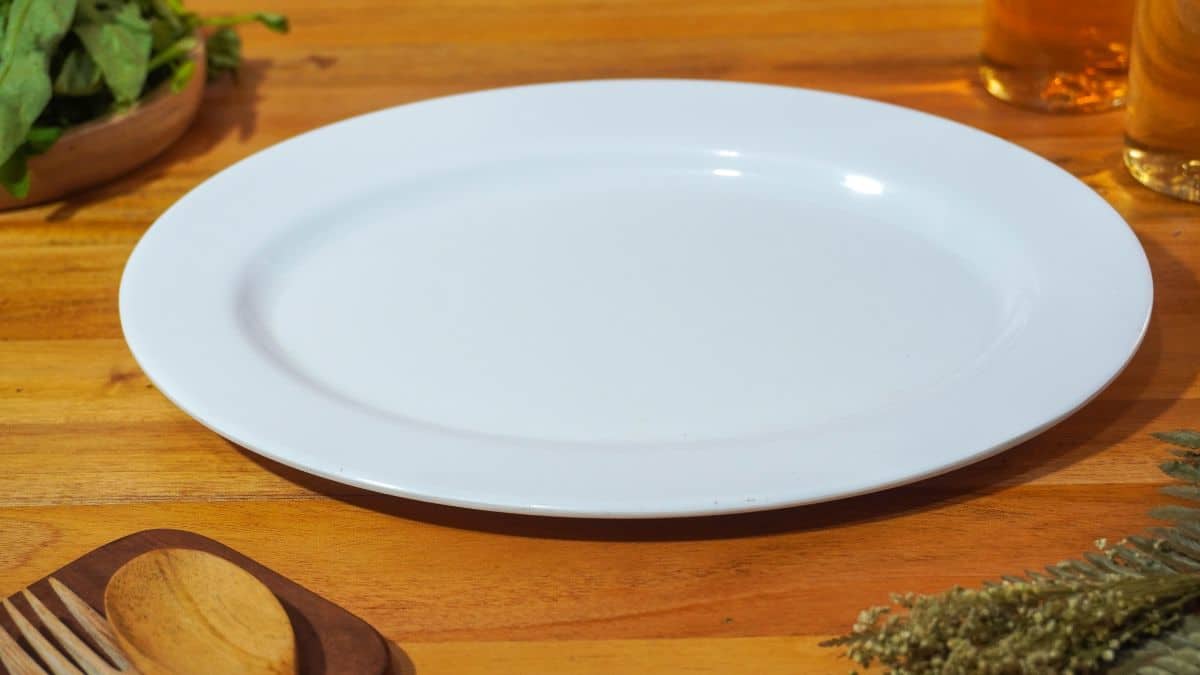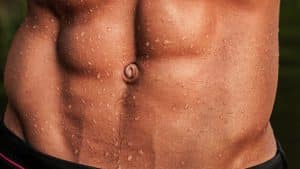Fasting for seven days isn’t just a test of willpower—it’s a metabolic strategy that requires smart preparation. If you jump into a 7 day fast without a plan, you’re likely to feel fatigued, lose muscle, or rebound hard afterward. But if you prepare properly, you can burn fat, improve insulin sensitivity, and reset your relationship with food.
Let’s break down how to get your body ready for a 7 day fast, using math, science, and discipline.
🧠 What Happens to Your Body During a 7 Day Fast?
Fasting isn’t just about skipping meals—it shifts how your body produces energy:
- 0–24 hours: Your body uses glycogen (stored carbs)
- 24–72 hours: You enter ketosis, burning fat for fuel
- After 72 hours: Autophagy (cell cleanup) kicks in; mental clarity may increase
But this shift isn’t easy unless your body is metabolically flexible. That’s where preparation matters.
🗓️ 5–7 Days Before: Taper Your Carb Intake
To avoid the “keto flu” and help your body transition smoothly into fat-burning mode, gradually reduce carbohydrates a week before fasting.
Daily carb intake guideline:
- Day 7: 150g
- Day 6: 125g
- Day 5: 100g
- Day 4: 75g
- Day 3: 50g
- Day 2: 25g
- Day 1: <15g
Why it works: This gradual drop primes your liver to increase ketone production, helping you burn fat and avoid headaches, dizziness, and irritability when the fast begins.
🥗 3–4 Days Before: Increase Healthy Fats & Electrolytes
As carbs drop, replace them with fats to maintain energy levels and signal your body to rely on fat stores.
Include:
- Avocados, nuts, seeds, coconut oil, and eggs
- Sodium: 1–2 tsp of sea salt daily
- Magnesium and potassium: via leafy greens or supplements
✅ Electrolyte Supplement – Amazon
🕒 48 Hours Before: Reduce Meal Frequency
To ease into a 7 day fast, switch from 3–4 meals a day to 2 larger meals—or try intermittent fasting (16:8) for a couple of days.
This shrinks your feeding window and signals the body to preserve energy and improve hormone function.
Math tip:
- 3 meals/day = 12 insulin spikes
- 2 meals/day = 4–6 insulin spikes
- Fewer spikes = more stable energy and faster entry into ketosis
💧 24 Hours Before: Hydrate and Stop Snacking
Drink at least one gallon of water the day before you start fasting. Dehydration is the #1 reason fasts fail early.
Also:
- Stop eating by 6–7 PM
- Avoid high-sodium and processed foods
- Don’t snack after dinner—let your liver start the detox early
✅ Large BPA-Free Gallon Water Jug – Amazon
🛌 Prioritize Sleep the Week Before
Sleep is when growth hormone levels spike and repair occurs. Going into a 7 day fast sleep-deprived will increase cravings and stress.
Tips:
- Get 7–9 hours per night
- Avoid screens 1 hour before bed
- Use blackout curtains and white noise
✅ Sleep Eye Mask with Sound Blocking – Amazon
💥 What to Avoid Before Fasting
Avoid anything that spikes insulin or increases cravings, including:
- Sugar and high-glycemic carbs
- Artificial sweeteners
- Alcohol
- Caffeine overload (limit to 1–2 cups)
You want to flatten your glucose curve before Day 1, not spike it.
🧘 Mindset & Routine Planning
Success in a 7 day fast comes down to two things:
- Routine: Schedule non-food-related activities
- Mindset: View hunger as a wave—not a crisis
Tools:
- Journaling
- Meditation or prayer
- Walking (light NEAT activity)
- Books, podcasts, or puzzles
🧮 Tracking During the Fast (Optional)
If you’re data-driven, track your results:
| Metric | Before Fast | After Fast |
|---|---|---|
| Weight | ||
| Waist (inches) | ||
| Glucose (mg/dL) | ||
| Ketones (mmol) | ||
| Energy (1–10) |
Pro tip: Fat loss is often masked by water retention. Expect 5–10 lbs of loss, but 50–70% is water in the first 3 days.
❓ FAQs – 7 Day Fast Prep
Q: Can I work out during a 7 day fast?
A: Stick to walking and light stretching. Intense workouts may increase cortisol and reduce muscle preservation.
Q: Will I lose muscle?
A: Not if you enter the fast with sufficient fat stores and electrolytes. Your body spares muscle when insulin and cortisol are managed.
Q: What breaks a fast?
A: Any calories, especially from carbs or protein. Pure black coffee, water, salt, and electrolytes are okay.
🔑 Key Takeaways
- A 7 day fast requires smart prep to avoid fatigue, brain fog, and muscle loss
- Reduce carbs, increase fat, and adjust your meal timing
- Hydration, sleep, and electrolytes are non-negotiable
- Use math and tracking to improve consistency and outcomes
- Think of fasting as a reset—not a punishment
Join the Faith & Fitness Family
Subscribe now and get exclusive access to Bible-based fitness content and more!
Bonus: iPhone users get a 14-day free trial of our Faith & Fit workout app!
📩 Important: Please confirm your subscription within 7 days. Unconfirmed emails will be removed to help prevent spam and ensure we only send content to those who want it.
👉 Stay strong in faith and fitness — subscribe today!






